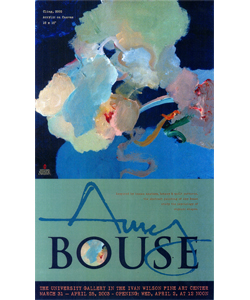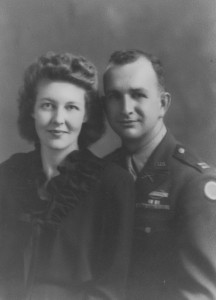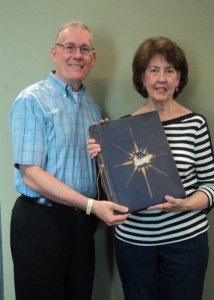Nancy Richey, Visual Resources Librarian in the Department of Library Special Collections (DLSC), recently received “Collections Care” certification from the The Campbell Center for Historic Preservation Studies in Mount Carroll, Illinois. Over several years, Richey has completed the following courses at the Campbell Center: three sections of progressively intensive classes titled Care of Photographic Collections, Care of Historic Scrapbooks, Archives Principles and Practices, and Digitizing Museum Collections.
“Because of the diversity of materials in my care,” noted Richey, “the training I received at the Campbell Center in Collections Care, enables me to more carefully identify the nature of the material in question and the cause of its deterioration and subsequently prescribe preservation remedies.” Richey currently manages illustrative material in the Kentucky Library Research Collections, including photographs in many formats, maps, broadsides, prints, and postcards. “We are always pleased when faculty proactively seek out additional training to add to their expertise,” said Jonathan Jeffrey, DLSC Department Head. “Besides completing an arduous curriculum of courses, Nancy helped procure funding to assist her in attaining this certification. She has enchanced her own professional resume, while concurrently boosting the reputation and expertise of our department.”
Founded in the mid-1980s and located on a historic school property, The Campbell Center provides interdisciplinary and continuing education to meet the evolving training needs of individuals who work to preserve historic landscapes, and cultural, historic, and artistic properties. Workshop topics range greatly and include hands-on training in areas such as art restoration, tombstone repair, historic masonry, preservation of historic properties and landscapes, basic archives training, and document preservation.

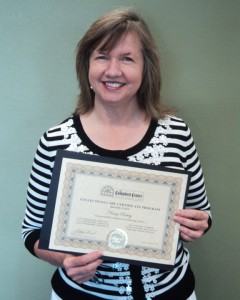
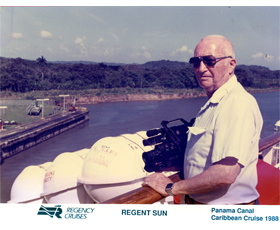
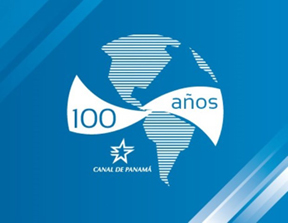
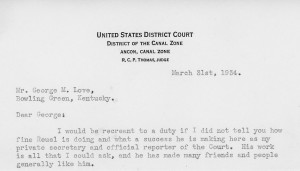
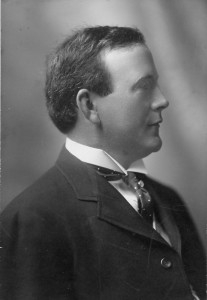




 A century ago this month, on August 15, 1914, the steamship Ancon traveled fifty miles through the Panama Canal, making it the first vessel to pass from ocean to ocean through one of the world’s greatest shortcuts.
A century ago this month, on August 15, 1914, the steamship Ancon traveled fifty miles through the Panama Canal, making it the first vessel to pass from ocean to ocean through one of the world’s greatest shortcuts.
